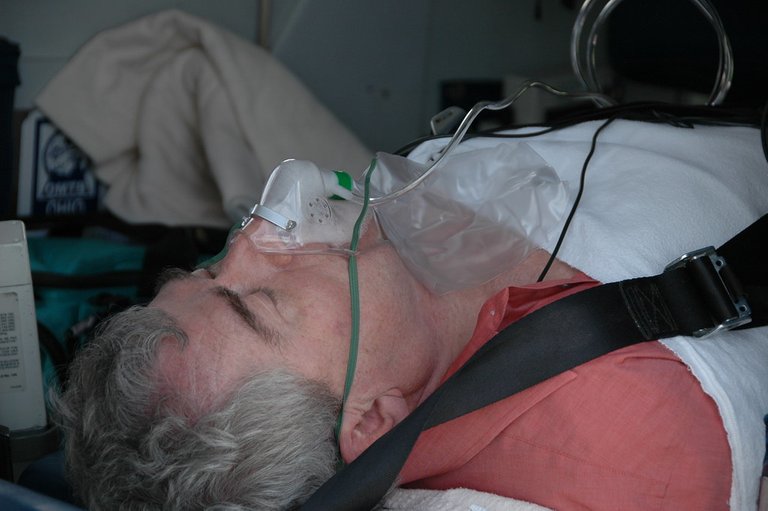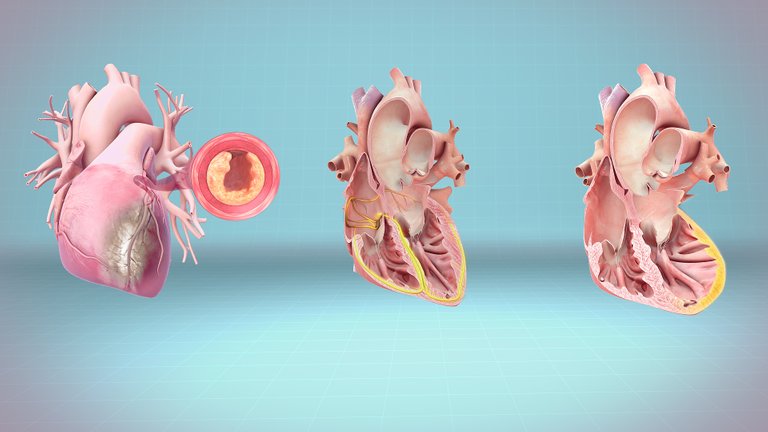Our heart is that biological machine that doesn't stop working all day long but then, we can contribute to our heart going bad and majority of what we do is attributed to myths and believes that we hold that are not true or do not exist, for instance that believe that your heart is omnipotent and would not fault at anytime is wrong. So let me share with you some truth that you do not want to share or believe is true.
First, that believe that red wine is good for your heart health is good to a reasonable extent but wine isn't advised to be taken when you ask a doctor. Red Wine contains Resveratrol which is found in grape. Resveratrol is great at decreasing inflammation, and relaxation of the arteries, but then when we take red wine beyond moderation, it can lead to weight gain as a result of the calories present in it which can then lead to high blood pressure. It can also lead to irregular heart rhythm and excess wine can lead to liver problems. So in this case, moderation is key. A glass of wine for a day can still be cool.
Before I continue, I have a message for that guy or girl that loves to break people's heart. While heart break will not necessarily kill you, do you know that the emotional breakdown of the person for a long time can lead to Broken Heart Syndrome? Also known as Stressed-induced Cardiomyopathy, it happens as a result of an emotional stressor like catecholamines being released from the body which can be toxic to the heart muscle since it constricts the blood vessels in the body causing the heart to pump harder than it should which could then lead to heart failure which could lead to death if there is no intervention early enough.
Because you are slim doesn't mean you are healthy, and because a person is fat doesn't mean they are unhealthy. Because you perform exercise daily doesn't mean that you cannot have a heart attack. You need to check your numbers, you need to check your blood pressure, your cholesterol level, and your blood sugar level. Talking about cholesterol, we have good and bad cholesterol in the body, with HDL being the good cholesterol which helps clear out excess cholesterol and LDL being the bad cholesterol which builds up in the arteries.
My Keto diet friend, you believe that the diet you are having can prevent you from having cardiovascular diseases, well for your information, you are wrong. Keto is good for the short term as it helps with weight reduction since calories are avoided during the period but this is where the question comes, when calories are not consumed, then what are consumed?
The answer is protein and fat, and funny enough, majority of keto diet are animal based which means that substances like Trimethylamine N-oxide would be produced when these animal based diets are consumed, and Trimethylamine N-oxide is associated with increased risk of cardiovascular issues. This animal food also contains saturated fat which increases cholesterol level in the blood.
So on this note, are we going to say that eggs are bad? Well, eggs still have a lot of controversies and while eggs are good for a whole lot of things including being rich in protein, contain vitamin B (folate and B12), as well as has Omega-3 and fatty acids, it still has high level of cholesterol and contains saturated fat which is associated with high risk of heart diseases. Compared to eating the yoke, the egg white is more healthier with respect to the heart.
Chest pain is not the major symptoms for a heart attack. Some people will experience other symptoms like chest discomfort, jaw discomfort, shoulder discomfort, and arm discomfort. Some people will just feel symptoms like nausea, vomiting, and cases of being unwell.
Reference
https://www.nhs.uk/conditions/heart-attack/
https://www.cdc.gov/heart-disease/about/heart-attack.html
https://www.ahajournals.org/doi/full/10.1161/CIR.0000000000000743
https://www.nhlbi.nih.gov/health/heart-attack
https://www.who.int/health-topics/cardiovascular-diseases#tab=tab_1
https://www.mayoclinic.org/diseases-conditions/heart-disease/in-depth/red-wine/art-20048281
https://www.ncbi.nlm.nih.gov/pmc/articles/PMC5127123/
https://www.ncbi.nlm.nih.gov/books/NBK535419/
https://www.ncbi.nlm.nih.gov/pmc/articles/PMC6024687/
https://www.ncbi.nlm.nih.gov/pmc/articles/PMC7975634/




